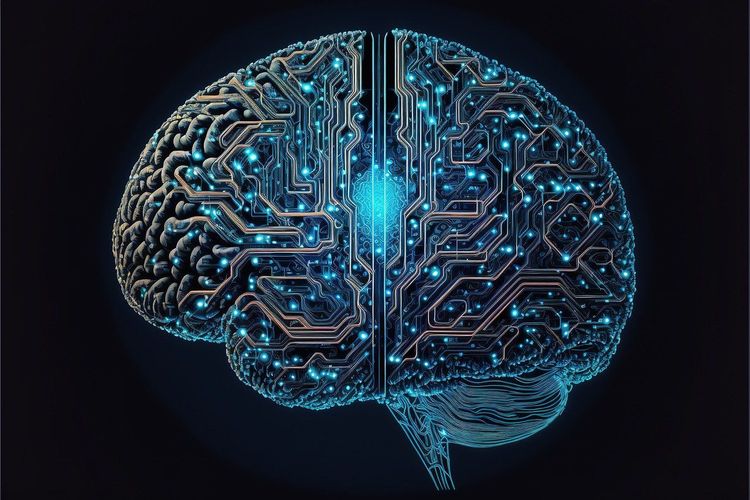AI-driven drug discovery is poised for a significant surge in 2024, fueled by a wave of announcements coinciding with this week’s 42nd Annual JP Morgan Healthcare Conference.
A standout highlight emerged from Isomorphic Labs, a subsidiary of Alphabet Inc. led by Google DeepMind founder Demis Hassabis. The London-based company revealed two strategic research collaborations with Eli Lilly and Novartis, aiming to develop small molecule therapeutics for multiple targets. These partnerships could be worth up to $3 billion, starting with Eli Lilly’s initial payment of $45 million and potential performance-based milestones totaling $1.7 billion. Novartis will provide $37.5 million upfront, along with an additional $1.2 billion in future incentives.
DeepMind made headlines in July 2022 when it announced that its AlphaFold system predicted the structures of nearly all known proteins, significantly enhancing our understanding of biology and advancing drug discovery efforts. AlphaFold previously mapped 98.5% of human proteins, marking a crucial milestone in scientific research.
In 2021, Hassabis launched Isomorphic Labs to focus on drug research, with plans for commercial deals building on the AlphaFold breakthrough, as noted in a December 2022 Financial Times interview.
Other significant players in AI drug discovery include Utah-based Recursion, which announced its collaboration with Nvidia in July 2023. Nvidia invested $50 million and provided access to its BioNeMo cloud tools for AI-powered drug discovery. During the JP Morgan Healthcare Conference, Recursion unveiled Lowe, a software platform utilizing a large language model (LLM) to help scientists interact with its various toolsets for complex drug discovery tasks. “We’ve built over 20 different tools at Recursion,” said co-founder and CEO Chris Gibson, “and the LLM simplifies how our scientists can access them.”
Nvidia also introduced beta versions of cloud APIs through BioNeMo to streamline drug discovery workflows. “Healthcare is inherently complicated, so we’re making it easier for researchers to fine-tune models on proprietary data and access pretrained models for drug development,” said Kimberly Powell, VP of Healthcare at Nvidia. Additionally, Amgen announced plans to utilize AI models on an NVIDIA DGX SuperPOD to analyze one of the largest human datasets at Amgen’s deCODE genetics facility in Reykjavik, Iceland.
The Big Four professional services firms are not far behind in the AI drug development race. Ernst & Young announced a partnership with BioPhy to incorporate AI-driven drug development technology for its clients. Meanwhile, Deloitte introduced Atlas AI, an addition to its Quartz AI suite, featuring a novel drug discovery accelerator that leverages generative AI models via Nvidia’s BioNeMo. “Atlas combines data, language models, and AI-powered scientific pipelines in a no-code interface to conserve valuable research time," said Dan Ferrante, AI leader for innovation and R&D at Deloitte Consulting LLP.
Interestingly, TikTok’s parent company ByteDance has also entered the field, recruiting talent in computational biology and related disciplines. According to Forbes, the "AI for Drug Design" team aims to revolutionize drug discovery by tackling challenges in protein structure prediction and computational protein design, aspiring to impact global healthcare significantly.
As the JP Morgan Healthcare Conference concludes, the spotlight will remain on AI-driven drug discovery developments. Stay tuned for ongoing updates and trends in this rapidly evolving field. Feel free to reach out with comments and tips at [email protected].







